Horse Care During the Cold Months
January 13, 2025 Comments Off on Horse Care During the Cold Months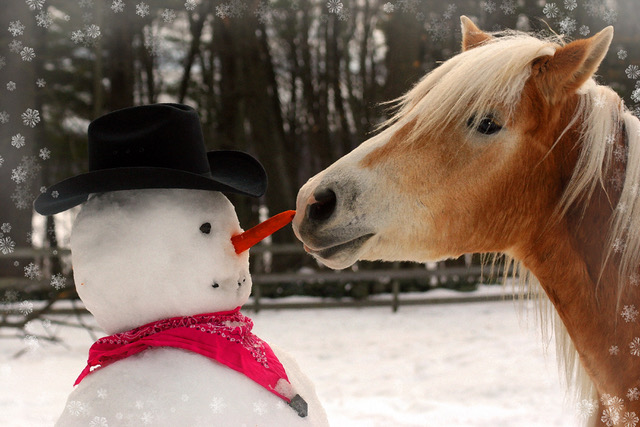
By David Lindsay, Michigan State University Extension – December 11, 2024, Weather in Michigan is wonderful during the fall months. However, when the switch flips on winter and we hit chilly temperatures, keep these horse care tips in mind! There are some priorities we must always remember; our horses need proper nutrition, space to move during free exercise or […]
Continue reading …Study: Intestinal Microbiome of Foals May Predict Future Racing Success
January 11, 2025 Comments Off on Study: Intestinal Microbiome of Foals May Predict Future Racing Success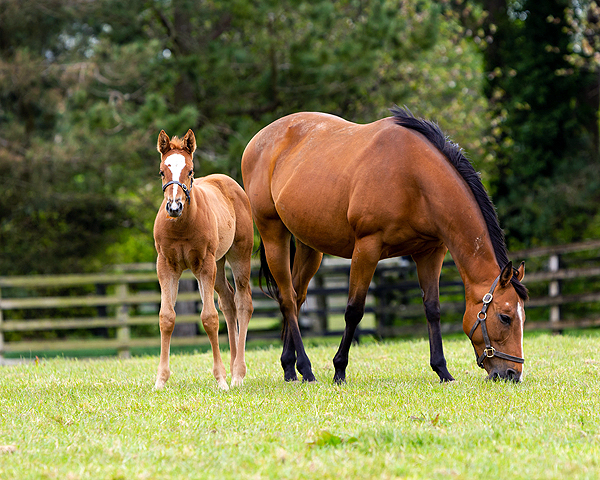
From Kentucky Equine Research: The intestinal microbiome has drawn a great deal of attention over the past decade. Scientists have learned how powerful this collection of bacteria, fungi, and protozoa is and the far-reaching effects the microbiome has on a horse’s health. One of the latest studies examining the intestinal microbiome found that microbiome diversity early in a […]
Continue reading …Horse Hoof Care During Wintertime
January 10, 2025 Comments Off on Horse Hoof Care During Wintertime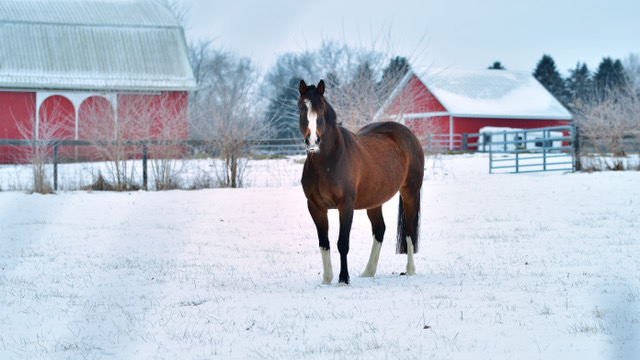
By David Lindsay, Michigan State University Extension – December 12, 2024 As we welcome the colder weather, it is important to remember that our horses’ health and care still come first. The cold can present challenges, so Michigan State University Extension reminds horse owners to stay diligent with care over the winter. Hoof care must be kept on schedule throughout […]
Continue reading …Green Alternatives in Equine Reproduction
January 9, 2025 Comments Off on Green Alternatives in Equine Reproduction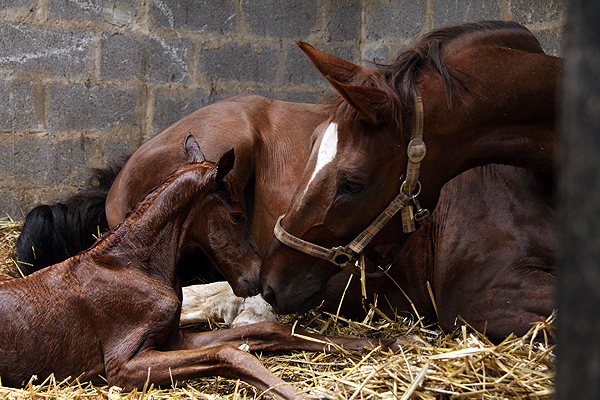
From Mark Andrews of Equine Science Update: The overreliance on plastic materials in all areas of modern life, including veterinary practice, poses a significant environmental challenge due to the pollution it generates. Artificial insemination, a common technique in equine breeding programs, is a good example of the widespread nature of plastics in veterinary work. The […]
Continue reading …Cool Facts: Equine Winter Weather Adaptations
January 6, 2025 Comments Off on Cool Facts: Equine Winter Weather Adaptations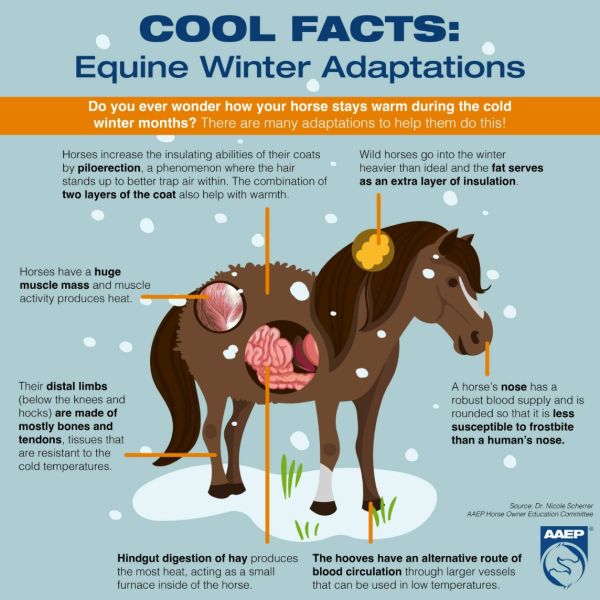
From the AAEP Horse Owner Education Committee: Are you familiar with the many adaptations that help your horse stay warm during the cold winter months? ♦ Hindgut digestion of hay produces the most heat, acting as a small furnace inside of the horse. This is why free choice; good quality hay is so important in the […]
Continue reading …Low-NSC Diets: Not for Every Horse
December 21, 2024 Comments Off on Low-NSC Diets: Not for Every Horse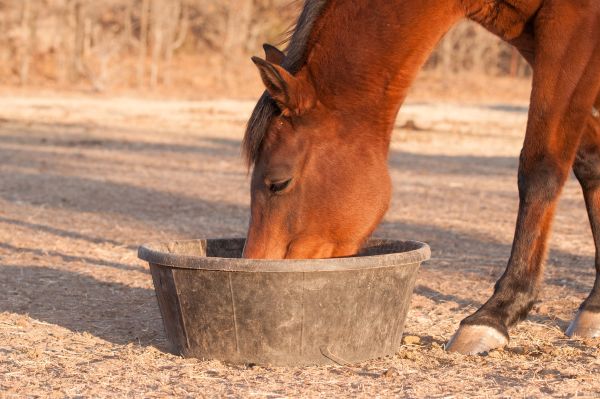
From Kentucky Equine Research: When it comes to feeding horses, carbohydrates get a lot of attention. After all, they are the main energy source used by horses to fuel countless body processes. A “carbohydrate” is a general term that includes simple sugars (one or two molecule sugars such as glucose and sucrose) and polysaccharides (long […]
Continue reading …Zoetis Reminds Horse Owners of the Importance of Booster Vaccination for Pregnant Broodmares in the Third Trimester
December 17, 2024 Comments Off on Zoetis Reminds Horse Owners of the Importance of Booster Vaccination for Pregnant Broodmares in the Third Trimester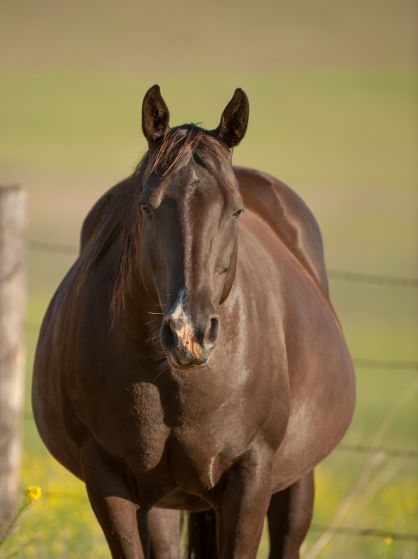
Zoetis’ Core EQ Innovator® is the first and only vaccine shown to be safe for use as a booster against all core equine diseases, including rabies, 4 to 6 weeks prior to foaling. PARSIPPANY, N.J. (Dec. 11, 2024)—Zoetis Inc., the world’s leading animal health company, is reminding horse owners of the importance of vaccinating broodmares during […]
Continue reading …AAEP Bestows Distinguished Educator Award for Mentorship Upon Dr. Tom Riddle
December 16, 2024 Comments Off on AAEP Bestows Distinguished Educator Award for Mentorship Upon Dr. Tom Riddle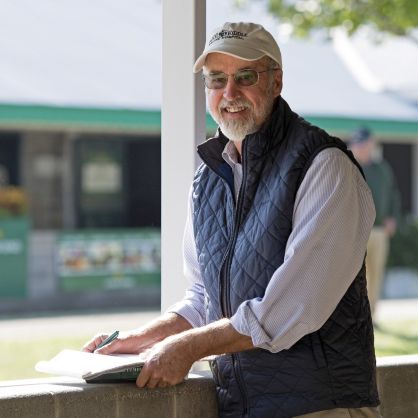
From AAEP: Tom Riddle, DVM, renowned authority on equine reproduction and the retired co-founder of Rood & Riddle Equine Hospital in Lexington, Ky., received the 2024 Distinguished Educator – Mentor Award from the American Association of Equine Practitioners (AAEP). The Distinguished Educator – Mentor Award honors an individual who by her or his actions and […]
Continue reading …What Do You Really Know About Strangles?
December 10, 2024 Comments Off on What Do You Really Know About Strangles?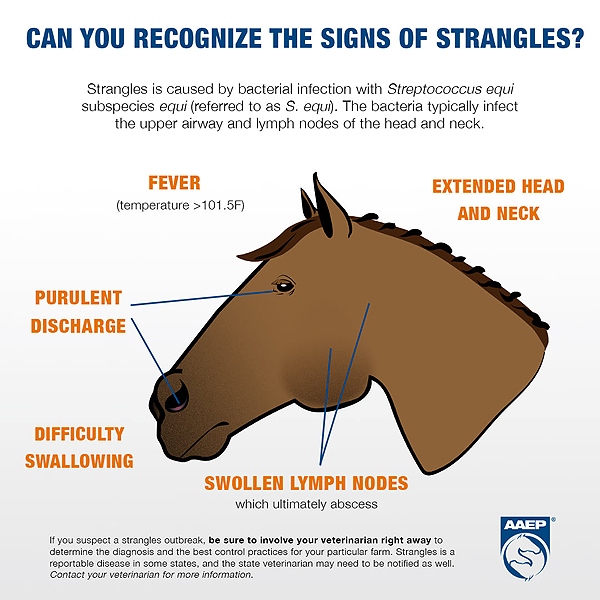
Though strangles is often thought to be a young horses’ disease, and they are particularly suspectible, the disease is more commonly identified in horses ranging in ages from 6 to 10 years of age. It is, however, one of the most commonly contagious diseases of the horse (worldwide), according to the American Association of Equine Practitioners. AAEP has […]
Continue reading …Enhancing the Horse-Rider Connection Through Corrective Exercise
December 4, 2024 Comments Off on Enhancing the Horse-Rider Connection Through Corrective Exercise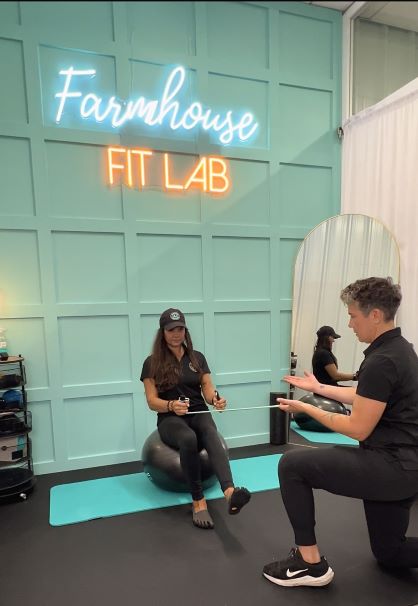
From Farmhouse Chiropractic: In the world of equestrian sports, the relationship between horse and rider is foundational. An effective partnership hinges on mutual understanding and physical balance, both of which can be significantly enhanced through corrective exercise. At Farmhouse Chiropractic, we are excited to announce the launch of our **Farmhouse Fit Lab**, designed to help […]
Continue reading …







